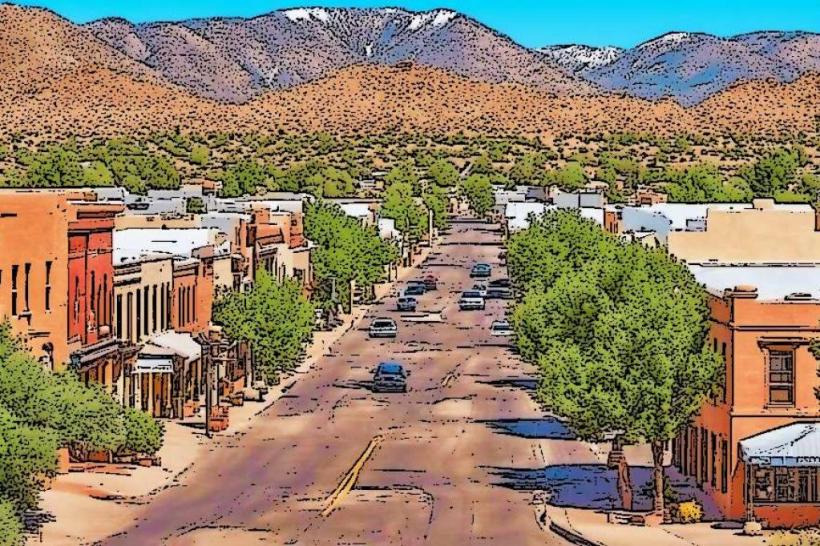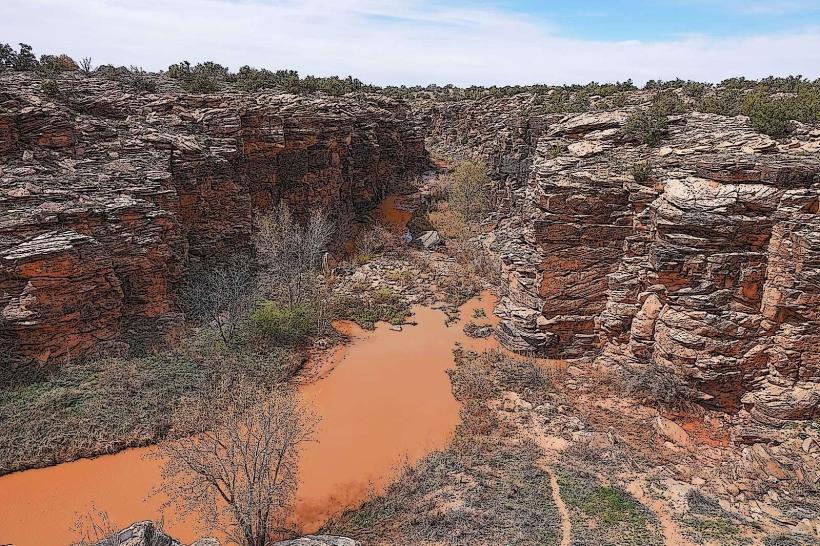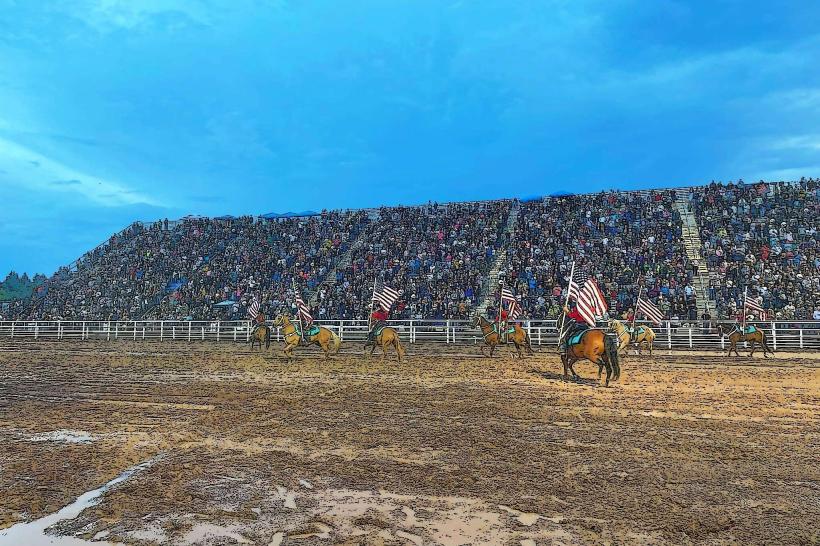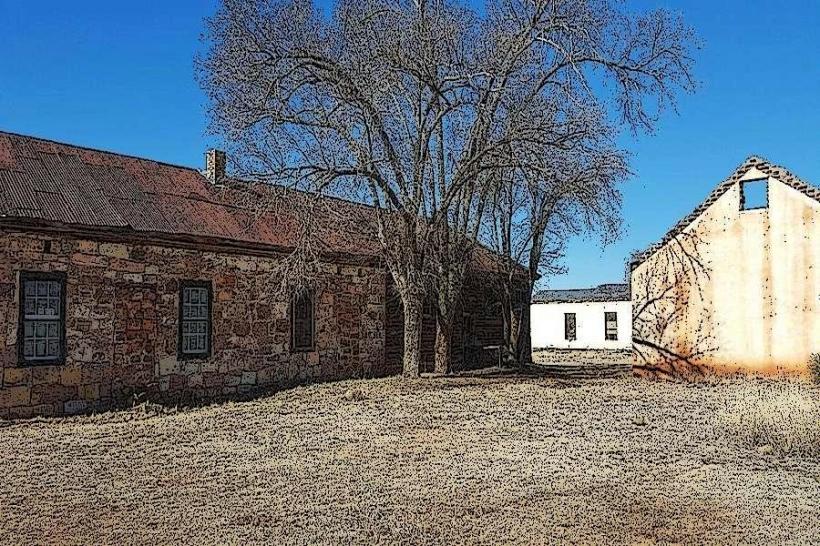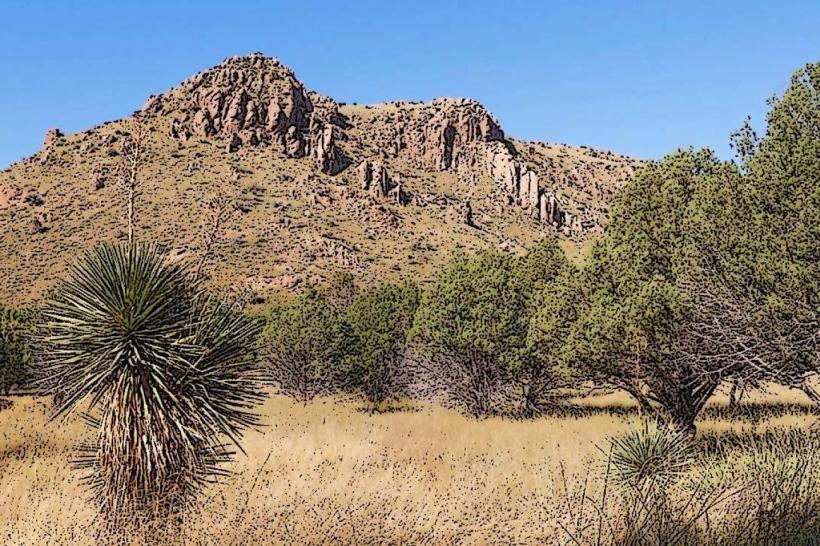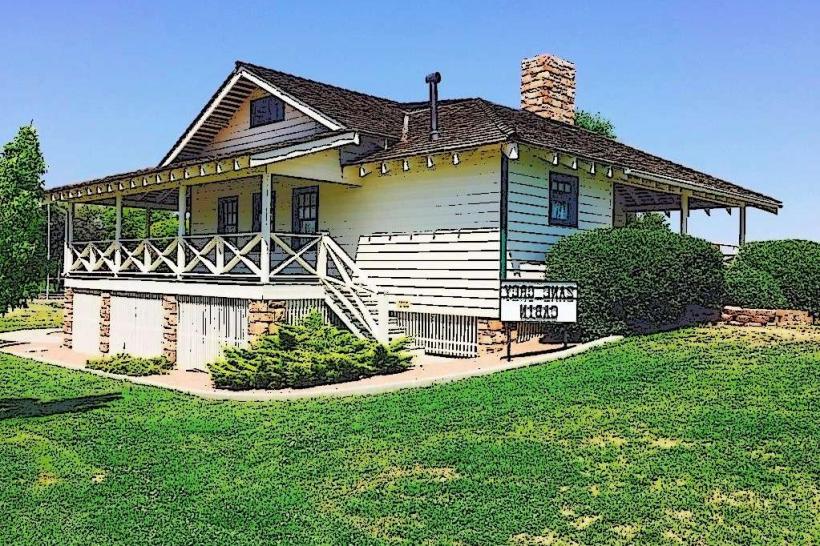Information
Landmark: Snowflake-Taylor MuseumCity: Snowflake
Country: USA Arizona
Continent: North America
Snowflake-Taylor Museum, Snowflake, USA Arizona, North America
Overview
As it happens, At 2 Main Street in Taylor, Arizona, the Snowflake/Taylor Museum keeps the area’s history alive, preserving dusty quilts, weathered ledgers, and countless stories from the Snowflake and Taylor communities, while the museum sits inside the vintage Palmer and Son Store, built in 1914 by A. If I’m being honest, Z, while palmer, and offers a carefully curated glimpse into the grit and legacy of northeastern Arizona’s first settlers, maybe From what I can see, The Palmer and Son Store, a sturdy two-story brick building, got a careful facelift in 2000 thanks to the Taylor/Shumway Heritage Foundation and dozens of local volunteers who still remember the scent of fresh mortar, equally important the building stands as a relic of early 20th-century commerce and community, its brick walls and tall windows echoing the style and materials of the era, moderately They kept the brickwork’s warm red tones, the creak of vintage wooden floors, and the storefront’s classic lines, letting the building live on as both a museum and a proud reminder of the town’s past, in conjunction with at the Snowflake/Taylor Museum, shelves and glass cases hold artifacts, antique photographs, weathered documents, and vivid displays that tell the story of how the area was settled and grew, generally The exhibits span a variety of topics, from Pioneer Life-where worn leather boots, weathered farming tools, handmade clothing, and personal keepsakes bring to life the days of Mormon settlers and other early residents-to other glimpses of the past, after that the exhibits trace the story from the first families who built homes and planted gardens, to the rise of churches and schools, and finally to the shift from rough frontier outposts into well-organized towns.The exhibit brings to life the distinctive customs, traditions, and faith of the Mormon pioneers, from polygamous households and shared farm work to lively gatherings in the town square, in turn right next to the museum stands the Veterans Monument, a quiet stone landmark that honors local men and women who served in foreign wars and draws the community together in remembrance.Scattered across the museum grounds are several historic buildings, each moved, restored, and cared for to preserve a slice of local history-like the rough-hewn 1880s log cabin once home to Margaret McCleve Hancock, a pioneer who raised thirteen children and worked as a midwife, simultaneously the Heritage Foundation received the cabin, hauled it to the museum grounds, and restored it so visitors could still view the weathered wood and original design.It sheds light on the grit and obstacles early frontier women faced, from harsh winters to isolated homesteads, as well as aquilla H, her name spoken softly like the rustle of paper in a quiet room.As it turns out, Built in 1890 for the Brimhall family, the Standifird Home later became the Standifird family’s residence from 1905 to 2004, its wide porch and tall windows showcasing the elegance of late 19th-century residential design, along with it shows how housing changed over time, growing sturdier and more welcoming as the community found its footing and began to thrive, to some extent The Taylor Pioneer Museum began life in 1930, built by the Daughters of the Utah Pioneers as a locale for meetings and sharing stories; in 1997, it was transformed into a museum where artifacts now rest behind glass, moreover it holds pioneer memorabilia and genealogical records, keeping alive oral histories and family legacies-like a weathered diary tucked in a cedar chest.It seems, Shumway School sits just south of Taylor, the last one-room brick schoolhouse left in Arizona, its red walls still warm under the afternoon sun, what’s more the schoolhouse, built in 1904 and in use until 1947, now stands restored to its early 20th-century view, complete with worn wooden desks, chalk-dusted blackboards, and the teaching materials once used inside.It reflects how early settlers worked to build schools, showing just how vital education was in those dusty, hard-won frontier towns, and the museum welcomes guests Monday through Saturday, 11 a.m. To be honest, to 3 p.m, giving plenty of time to wander through its exhibits and step inside the creaking floors of its historic buildings, what’s more you can get in for free, but they welcome donations to help keep the location preserved and the programs running-like the hands-on history workshops for kids.You’ll find a well-planned visit here, with guided tours available if you ask, lively programs for school groups, and special events that bring the area’s heritage to life-like music echoing through the aged town square, alternatively friendly staff and volunteers are on hand to offer context, share vivid stories-like the scent of fresh bread in a historic kitchen-and answer your questions, making every visit more engaging.In Snowflake and Taylor, the museum sparks community pride and keeps local heritage alive, offering a venue where neighbors gather to learn, share stories, and pass traditions on, while you’ll find the Snowflake/Taylor Museum at 2 Main Street in Taylor, Arizona-call (928) 536-6649 for details.It’s open Monday through Saturday from 11 a.m, after that to 3 p.m, free to enter, though donations help keep it running.Inside, historic buildings stand in quiet rows, artifacts tell stories of early settlers, and vivid displays bring northeastern Arizona’s pioneer history to life, and historians, locals, families, and curious travelers can immerse themselves in the rich heritage of the Mormon frontier and Arizona’s earliest settlements, feeling the worn wood of aged homestead doors under their palms.
Author: Tourist Landmarks
Date: 2025-10-06

